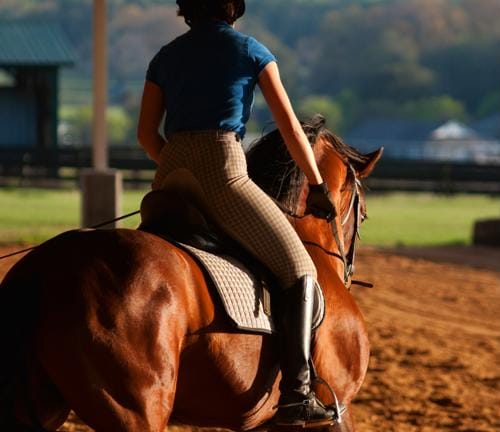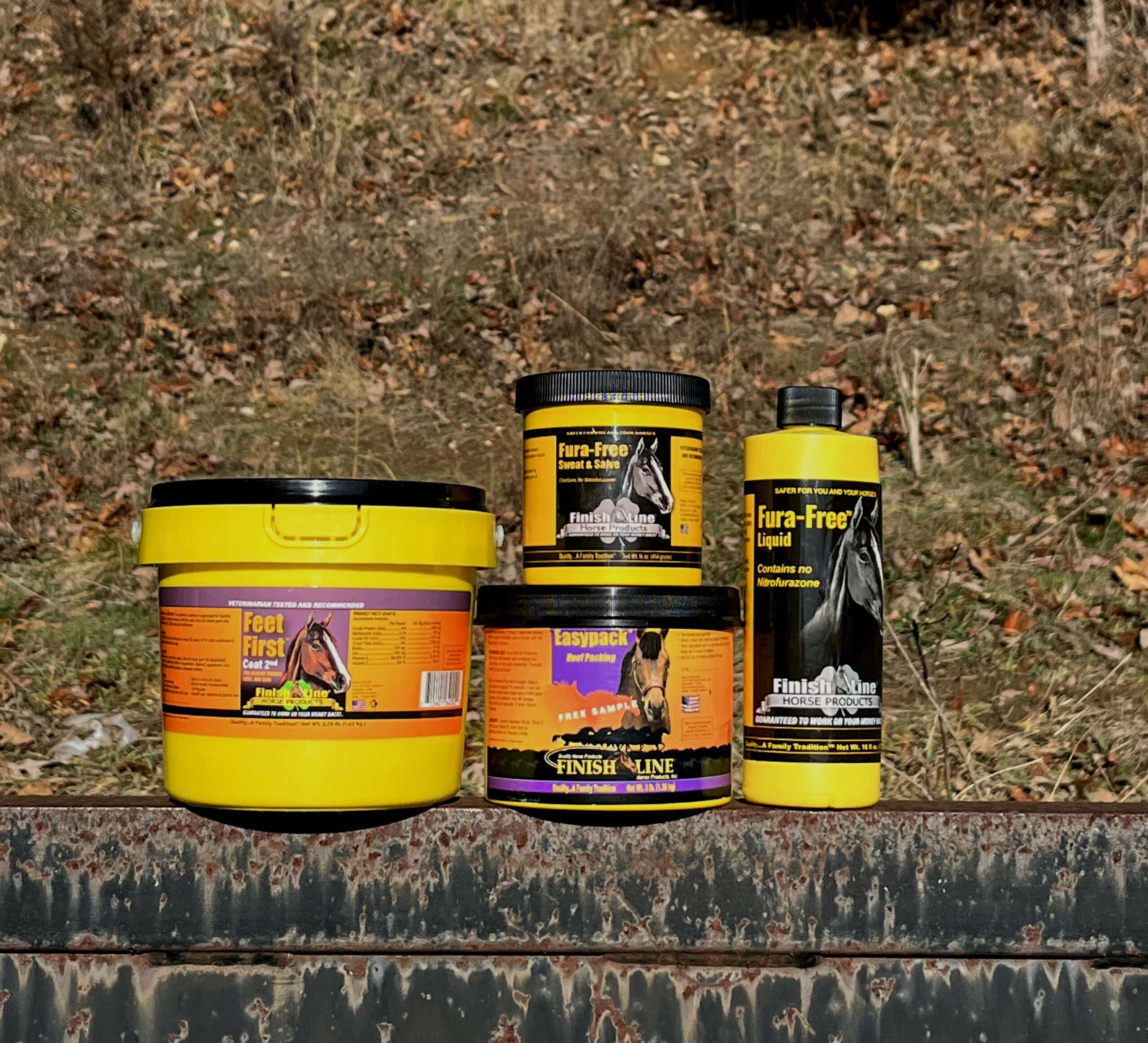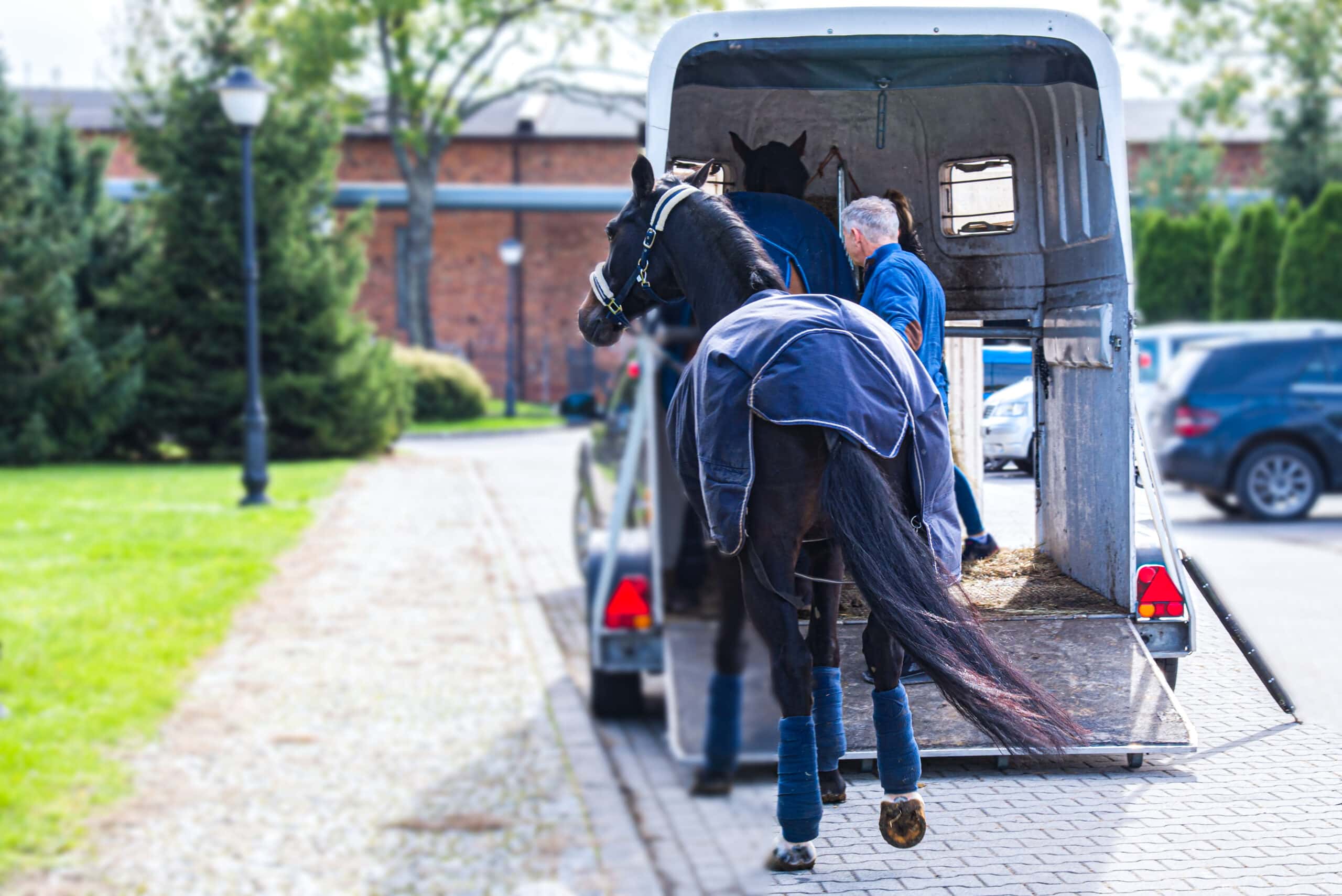Professionals in all types of careers train for much of their lives to get there. Whether a doctor, veterinarian or horse owner/trainer, it’s likely that person has undergone hours of education or training to become competent in their field and profession.
The exact same can be said for horses. No matter what life holds for the horse—whether racing competition, the show ring or recreational riding—it’s important that the horse be conditioned for the level and intensity of work they will be doing. This is a critical point any trainer and/or owner may well understand, but it bears repeating given how essential conditioning is to ensuring a horse is adequately prepared to take on its responsibilities—or conversely, to discovering if a workload isn’t right for the horse.
Here are some reasons for why conditioning is important for horses.
Conditioning will test, and increase, limits
“Incremental improvements are needed for improving performance or workload.”
Before any hard decisions about workload can be made, trainers and owners must first appraise the horse. When put through various exercises or tasks, horses will show demonstrable signals and indicators of their fitness and suitability for various work types. Such conditioning is used to get more of an understanding of a horse’s physical limits—or their temperamental ones. With this information, trainers and owners can more accurately surmise the future potential, workload and conditioning regimen of the horse.
Not only is conditioning important to establishing that baseline, but it also helps to further build capacity. Incremental improvements are needed for improving performance or workload, and using conditioning to push boundaries to increase strength or skill can help horses gradually reach that desired stage. However, be mindful of these sequenced steps up to avoid injury or other negative side effects.
Conditioning familiarizes a horse with their work
Baptism by fire may work in some professional worlds, but it’s hardly an ideal pathway to performance for horses. Being thrown directly into a new activity or work task won’t likely produce the best results; before putting the saddle or a new ranching equipment on for the first time, horses need to be familiarized. Getting acclimated is important to regulating the animal’s mood, and horses are about as personality-rich creatures—for better or worse—as they come.
Using conditioning to build up tolerance of a new task or exercise intensity will help engender the type of environment that horses can become comfortable in.
Conditioning is good for the horse’s health
Conditioning has positive effects for overall horse health, making it much more than only being beneficial to competitive training. Regular exercise can build cardiovascular health, helping a horse to remain fit and in good physical shape. Normalized regimens can develop stamina and good cardiovascular functioning, which are certainly both important to overall well-being in working animals. Actually, the increased heart efficiency that conditioning brings about is a plus for any horse regardless of workload intensity or competitive expectations.
In any case, conditioning is important to a horse. Trainers and owners have to take this point seriously in constructing a course to peak performance. But there are other aspects of conditioning to take into account besides just exercise, like how best to optimize a diet or supplemental intake.
To learn more, contact experts at Finish Line today.









